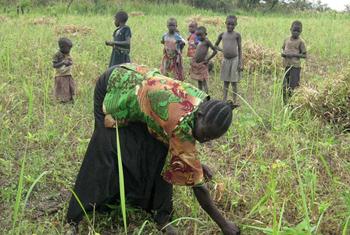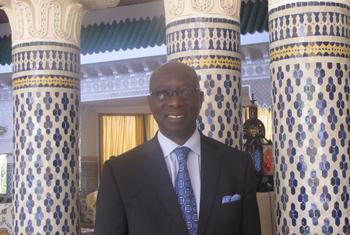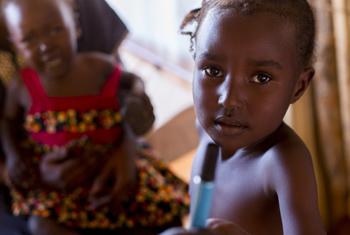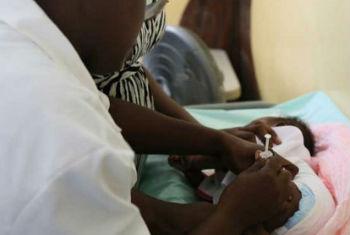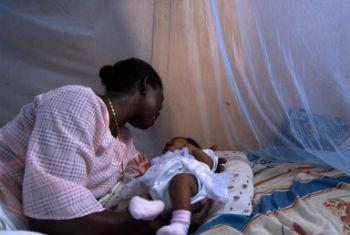Weather information crucial for farmers in South Sudan
More than 90 per cent of agricultural and livestock production in South Sudan depends on rainfall, according to the UN.
The UN Food and Agriculture Organization (FAO) is working to improve farmers’ access to meteorological information to help them plan when to plant and when to harvest.
FAO also says that early warning on climactic hazards is key to equipping farming communities and policy makers with the knowledge they need to improve production and food security programmes across the country.

